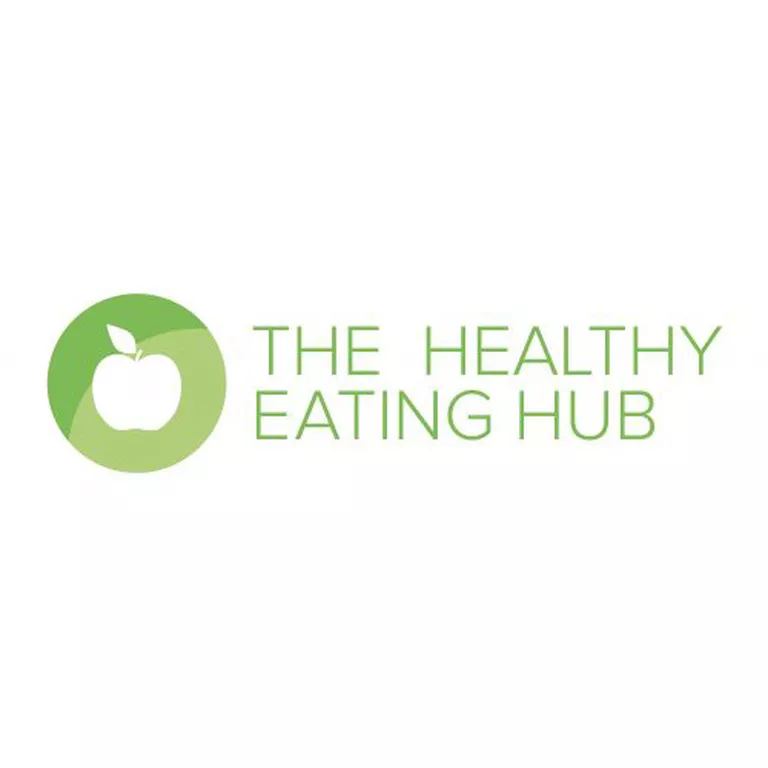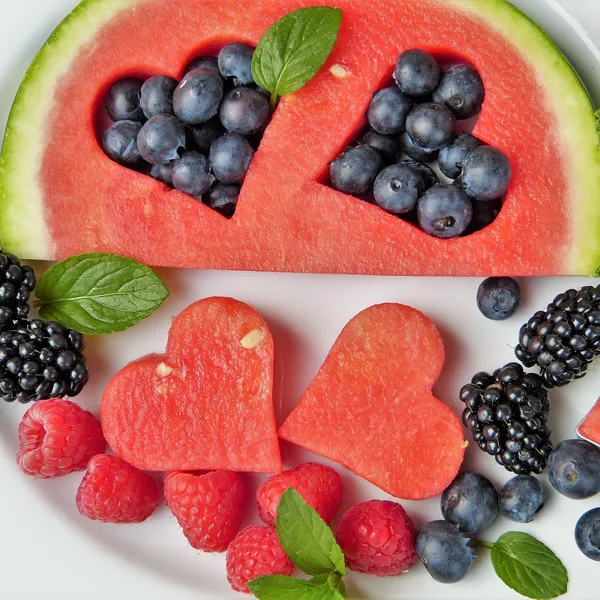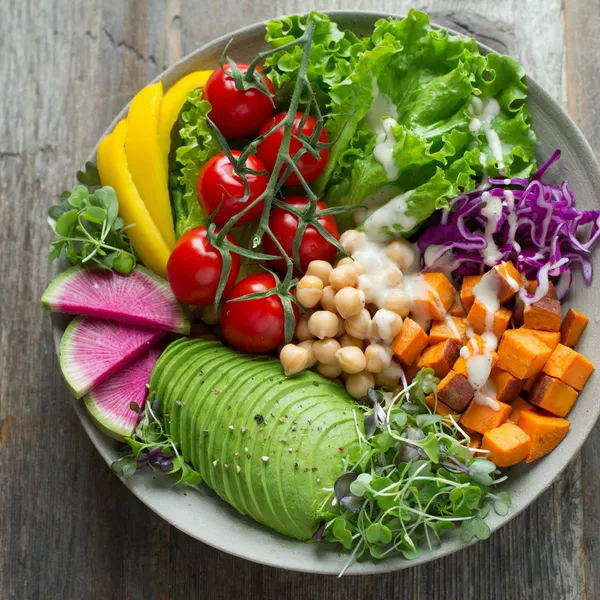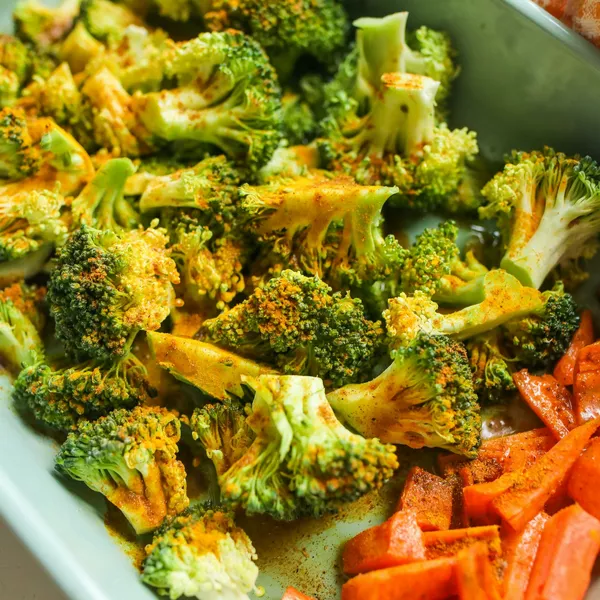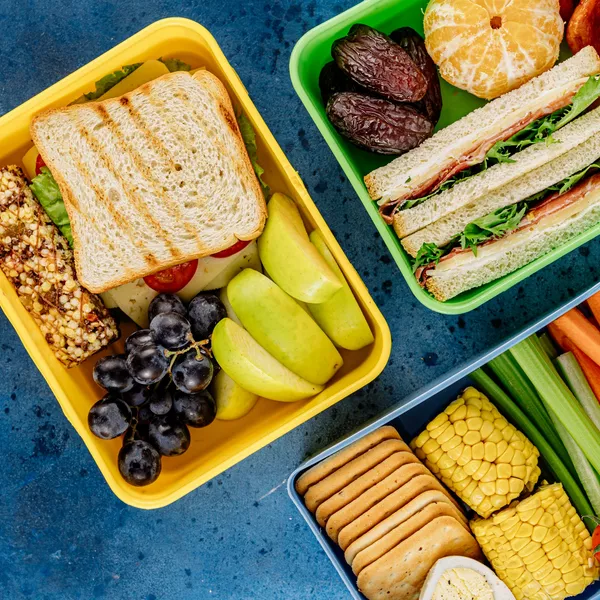There is often conflicting information about whether a food is good for you and your heart, and if it should be added to your diet or avoided.
To start with, most foods require a context which can be used to help define whether or not its consumption is healthy. It’s important to look at the bigger picture and assess a food within the whole diet – not just on its own, in isolation.
For example, carrots are commonly regarded as being healthy. They contain fibre, beta-carotene (converted into vitamin A by the body), vitamin C and other antioxidants and phytochemicals. Eating one to two carrots per day, as part of a balanced diet, is a healthy thing to do. However, if all you ate was carrots or you ate kilos of them every day, that would be unhealthy.
The main point here is that health (from a dietary perspective) is not the result of eating one type of food. It’s the result of eating a variety of different, health-promoting foods consistently each day.
So in this context, here are six foods that have been sorely misunderstood.


